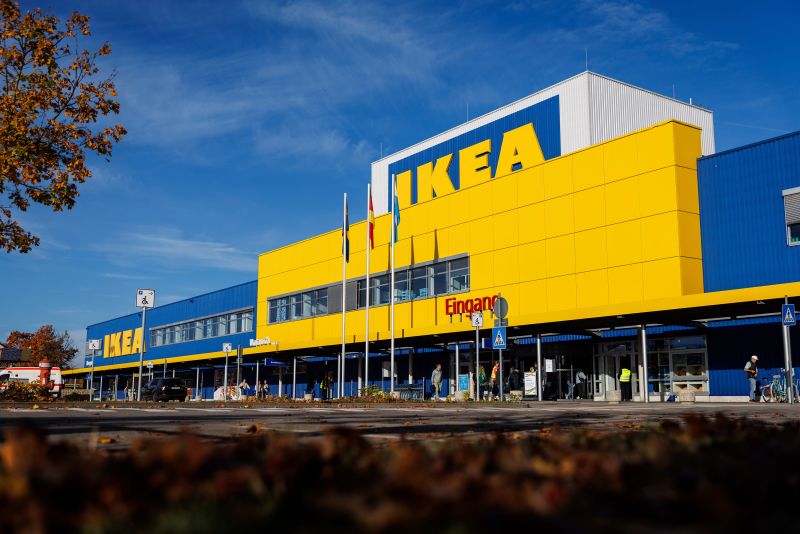In a historic decision that acknowledges the injustices of the past, IKEA has agreed to pay a sum of €6 million to former East German prisoners, forced to produce their furniture during the Cold War era. This action represents a profound apology from one of the globe’s eminent furniture retailers, whose products are ubiquitous in homes across the world.
The Swedish furniture conglomerate has historically been associated with democratic design – ubiquitous, accessible, and affordable to the masses. However, this recent revelation harks back to a little-known chapter in their chronicles dating back to the 70’s and 80’s. The company stands accused of using GDR political prisoners living under the oppressive Honecker regime to manufacture their popular flat-pack furniture.
IKEA’s shocking involvement with East German prisoners is believed to have begun in the late 1960s and continued throughout the 1970s and 1980s. This occurred during a time when the German Democratic Republic, in an attempt to bolster its faltering economy, forced political prisoners to labor under cruel conditions in the so-called ‘Heimarbeit’ (home-work) program. The prisoners were compelled to produce goods for the Western market without payment or consent.
The €6 million goodwill gesture announced by IKEA represents a substantial move towards atoning for its errors of the past. Approximately €5 million will directly reach the victims of the forced labor, while the remaining million will fund original research into forced labor in the former GDR, sponsored by the company.
The capitulation came into existence following an extensive external investigation commissioned by IKEA itself in 2012. Auditors Ernst & Young were tasked with delving into the allegations that surfaced in a documentary by German public broadcaster, ARD. The auditors discovered material indicating that IKEA had indeed benefited indirectly from the forced labor program, although executives and decision-makers were allegedly kept in the dark at the time.
These finding and subsequent payment create a massive precedent, not just for IKEA, but for all corporations that may have indirectly or inadvertently used forced labor. The repercussions echo amongst several other Western corporations, who have allegedly also taken advantage of the GDR’s forced labor program.
This step undertaken by IKEA can be viewed as part of a broader trend towards corporate social responsibility and accountability. It is no longer feasible for multinational corporations to feign ignorance or plead innocence. In an era where transparency is non-negotiable and corporate ethics are scrutinized, creating positive social impact has become a paramount obligation for businesses.
Yet, while the financial offering from IKEA might bring temporary respite for those affected, it will never fully make up for the debasement and loss of dignity endured by the victims. Continuous efforts to reveal past atrocities and acknowledgment of wrongdoing on all spheres of life, from political to corporate, remain essential.
Overall, IKEA’s move to pay reparations to East German prisoners previously forced to build their furniture stands as an emblem of corporate contrition and responsibility. It serves as an essential lesson for other corporations, reflecting the need to ensure ethical practices and to act swiftly and justly when wrongs are brought to light.




